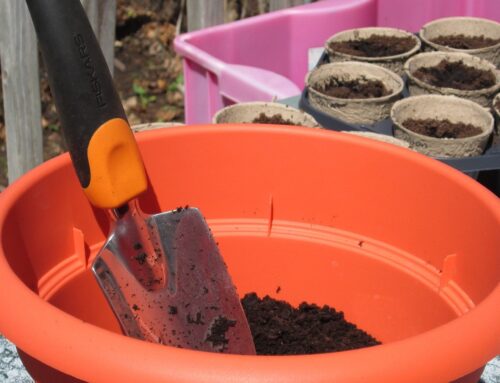Wherever you live on this beautiful planet, you’ll encounter insects that can sting or bite you. They will attack either because they see you as a threat or as food source. At home, or in a survival situation, having some basics in natural remedies for Insect bites and stings will just make your life easier!
Insect bites
Insect bites are generally characterized by one or more red bumps which can be very itchy. Yes, you’ll want to scratch – but don’t! Easier said than done right? Scratching will generally exacerbate the itchiness and make it bleed. Especially in a survival situation, you want to prevent bleeding as much as you can, since it raises risks for infections.
If you have a tick, flee or a mosquito bite, something has been feeding off you! The most disgusting here, is the thought of that itchy bump left behind from a mosquito is actually full of its saliva.
If you take a walks through forests, woodlands, meadows or moors, be aware that ticks attach to your skin; and as the little vampire tick bites and feeds off your blood they may infect you with Lyme disease. Read more on tick bites in this two part article (Part 1 / Part 2)
Insect stings
As for insect stings, they are commonly ants, bees and wasps; their sting penetrates your skin injecting their poison into you. While the same ant or wasp may sting you several times, a bee stings only once, leaving its stinger under your skin with a sac full of venom on the surface. The tendency is to panic and try to brush it off with your hand; this only serves to pump in more of the venom. You’ll normally get the same result when trying to remove it with your fingertips or tweezers.
What you need to do is keep a cool head, slide your fingernail under the sac and scrape away the sting. You could use the edge of a knife… make sure it’s not your sharpest one… or the edge of your bank or credit card.
In some people, a bee sting or a wasp sting can cause an allergic reaction which could be fatal if not treated urgently – medical attention is required immediately! The symptoms of allergic reaction, called anaphylaxis, are: hives, swelling in the mouth and/or throat, laboured breathing and rapid heart rate. In a post-disaster situation, people that have known allergies for bee and wasp stings should have some kind of emergency treatment ready in their bug out bag.
And what happens if you get many bites and stings (and you don’t have an allergic reaction)? You are not out of danger. In higher doses, the insect venom can also affect humans – you must seek medical attention immediately if you are in this situation.
Natural health solutions to treat insect stings
- For a bee sting, stir a teaspoon of bicarbonate of soda in a glass of water until dissolved; then use a cotton wool bud to dip into the solution wetting the area, and then place it directly on the sting securing it with sticky tape.
- For a wasp sting, dip the cotton wool bud into vinegar; as with a bee sting, wet the area first, and then place it directly on the sting securing it with sticky tape.
- If you have Papaya handy, place a slice on the sting area. Papaya has enzymes that bring down inflammation and swelling.
- Garlic or onion rubbed on the sting site will do the job as well.
- Crush an aspirin, adding to water making a paste, apply to the sting to reduce the swelling. (WARNING: if you have an aspirin allergy DO NOT apply aspirin ever! And DO NOT use aspirin to treat children).
- Applying sugar works just as well to bring down the swelling
- Try rubbing on Calendula cream to reduce itching or a few drops of Lavender oil or Tea tree oil.
Natural health solutions to treat insect bites
Don’t scratch your wound. Try going with these solutions:
- Applying an ice cube to the bite will reduce itching
- Bites can be treated with essential oils. Apply a few drops of eucalyptus oil, clove oil or peppermint oil on a cotton wool bud
- Roll-on or spray deodorants are known to work – give it a try
- Check your toothpaste label; if it has peppermint smear it on the bite
How to “naturally” prevent bites and stings
- Eat some Garlic: Eat a couple of cloves of garlic daily before and when you go outside. Your sweat glands release the garlic smell repelling most insects.
- Wear closed shoes/boots: You may also want to tuck your pants in your socks or boots. You can take a look at our choice for a great survival boot here.
- Tuck your shirt: This will prevent the Tick to access your torso.
- Wear light colours: This will help you spot any bug that’s attached to them easily.
And in the “not so natural” way…
- Use bug repellent: DEET or Icaridin insect repellents are very efficient against various insects, including Ticks. Depending on the product, they will protect you for 1 to 8 hours. Our choice is Sawyer Products Premium Insect Repellent with 20% Picaridin which will protect you against ticks for 8-12 hours against Ticks.
- Buy clothes treated with repellent: Bug free clothing will do the job the same way the bug repellent works.
In the everyday life, Insect bites and stings are pretty manageable thing. However, in a survival situation they have the potential to become a real nuisance very quickly! Basic knowledge in Natural Remedies for Insect Bites and Stings will help you keep this minor!






